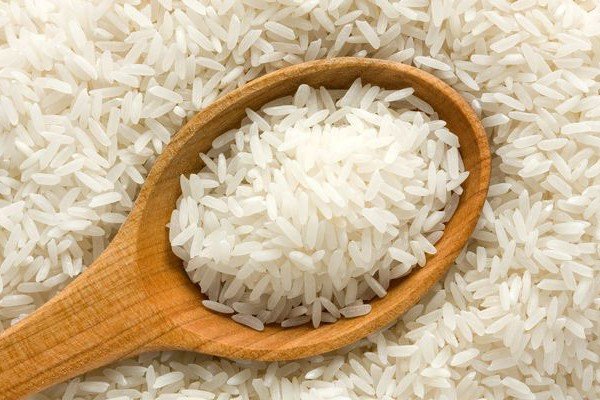In a recent move aimed at balancing domestic supply concerns with international trade, the Indian government has given the green light for the export of 75,000 tons of non-basmati white rice to the United Arab Emirates (UAE). The Directorate General of Foreign Trade (DGFT) announced this decision, emphasizing that the export would be facilitated through the National Cooperatives Exports Limited (NCEL).
This decision follows India’s earlier ban on the export of non-basmati white rice, which was implemented to ensure an adequate domestic supply of rice, especially amidst sticky inflation and the anticipation of an erratic monsoon season. However, the government has maintained a nuanced approach, allowing exports of non-basmati rice and other grains to meet the food security needs of vulnerable countries.
India has demonstrated its commitment to supporting food-insecure and vulnerable nations by allowing the export of essential food items. In recent weeks, the DGFT announced the approval of exports, including:
Wheat Exports: India permitted the export of 3 lakh tonnes of wheat to Nepal and 14,184 tonnes to Bhutan, contributing to the food security of neighboring countries.
Non-Basmati Rice Exports: India authorized non-basmati rice exports to Bhutan (79,000 tonnes), Mauritius (14,000 tonnes), and Singapore (50,000 tonnes) through the National Cooperative Exports Ltd (NCEL).
The government has reiterated its commitment to providing the required quantity of rice or wheat to food-insecure and vulnerable countries upon request, aligning with India’s role as a responsible global player in addressing food security challenges.
Additionally, India has allowed the export of broken rice to several nations, including Senegal (5 lakh tonnes), Gambia (5 lakh tonnes), Indonesia (2 lakh tonnes), Mali (1 lakh tonnes), and Bhutan (48,804 tonnes). These exports aim to manage domestic grain supplies effectively.
To bolster domestic grain availability and tackle inflation, the government had previously imposed export bans on broken rice, wheat, and non-basmati white rice. These measures reflect India’s proactive approach to maintaining food security and addressing inflationary pressures, particularly in light of food inflation persisting above the Reserve Bank of India’s desired range of 2-6%.
This balanced approach allows India to fulfill its commitment to international food security while ensuring a stable and sufficient supply of essential food items domestically.
